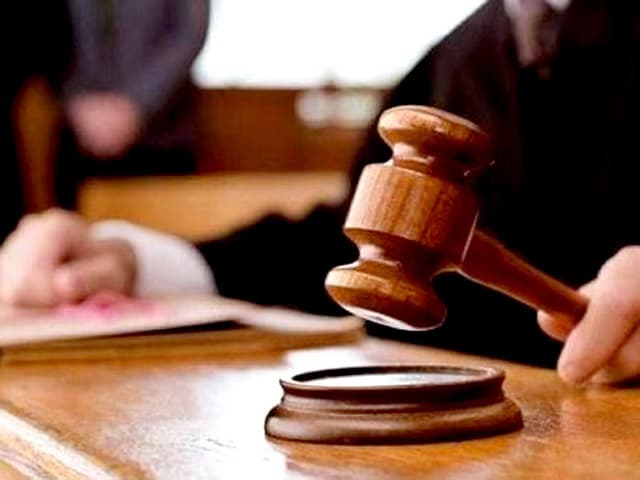
Court Orders Heirs to Pay Dh80,000 After Collapsing Concrete Barrier from Neglected Building Crushes Woman’s Car
Judges reaffirm that property ownership includes legal duties of upkeep, with heirs inheriting both rights and responsibilities under UAE law.
When a routine day turned disastrous for an Abu Dhabi resident, she found her car severely damaged under the weight of a collapsed concrete barrier from a residential building. What began as a personal ordeal soon became a significant test of how far property liability extends under UAE law.
The Civil Family Court in Abu Dhabi recently ruled in her favour, ordering the heirs of the building’s owner to pay Dh80,000 in compensation. The decision was a reminder that property rights come hand-in-hand with maintenance duties -- and that heirs who inherit property also inherit the legal responsibilities that accompany it.
From Accident to Lawsuit
The case began when the woman filed a claim for Dh90,000, arguing that the value of her vehicle, along with related losses, warranted compensation. She submitted police reports and assessments from local authorities, both of which confirmed that the damage was caused by the collapse of a structural barrier belonging to the defendants’ building.
The court carefully reviewed these findings and pointed to a critical failure: the property owners had not carried out necessary upkeep, which directly led to the accident. “The owners, in their capacity as the actual custodians of the property, failed to carry out necessary maintenance,” the ruling stated.
Interestingly, the plaintiff had also attempted to extend liability to the building’s management company. The judges, however, dismissed that claim, noting that no contractual or legal obligation for structural maintenance rested with the firm. Instead, responsibility fell squarely on the shoulders of the heirs, who had inherited the property
This distinction reflects how UAE law defines custodianship. Under the Civil Transactions Law (Federal Law No. 5 of 1985), particularly Articles 282–298, individuals are liable for damages they cause -- whether by direct action, negligence, or failure to uphold a legal duty. Property owners are required to maintain their buildings to prevent harm to others, and when they pass away, this duty extends to their heirs as custodians of the estate.
The Judgment
The court ultimately awarded Dh80,000, slightly less than the plaintiff’s original demand, and ordered the heirs to cover all court fees and associated legal costs.
Legal advisors highlight that the ruling is not just about financial compensation, but also about reinforcing accountability. “This judgment reflects a settled legal principle: property ownership is inseparable from responsibility. Heirs are bound not only to enjoy the benefits of ownership but also to assume its obligations,” one Abu Dhabi-based legal expert noted.
The judgment also underscores how civil liability in the UAE is often rooted in negligence law, or tort liability. The principle is straightforward: if harm is caused by neglect, compensation must follow. By applying this framework, the court reaffirmed that the law protects victims while holding negligent parties accountable.
Wider Lessons
For residents, the case serves as a reminder of their right to seek redress when property negligence results in harm. For property owners -- and their heirs -- it is a warning that failing to maintain buildings can lead to both financial and legal consequences.
In Abu Dhabi’s growing urban landscape, where thousands of buildings are passed down through generations, the decision is a timely reinforcement of the rule of law: ownership does not end at possession, it extends to preservation.
By awarding Dh80,000 and making the heirs legally responsible, the court not only compensated a victim but also reinforced a broader message -- that public safety and private ownership are inseparably linked under UAE law.
For any enquiries please fill out this form, or contact info@thelawreporters.com and Follow The Law Reporters on WhatsApp Channels